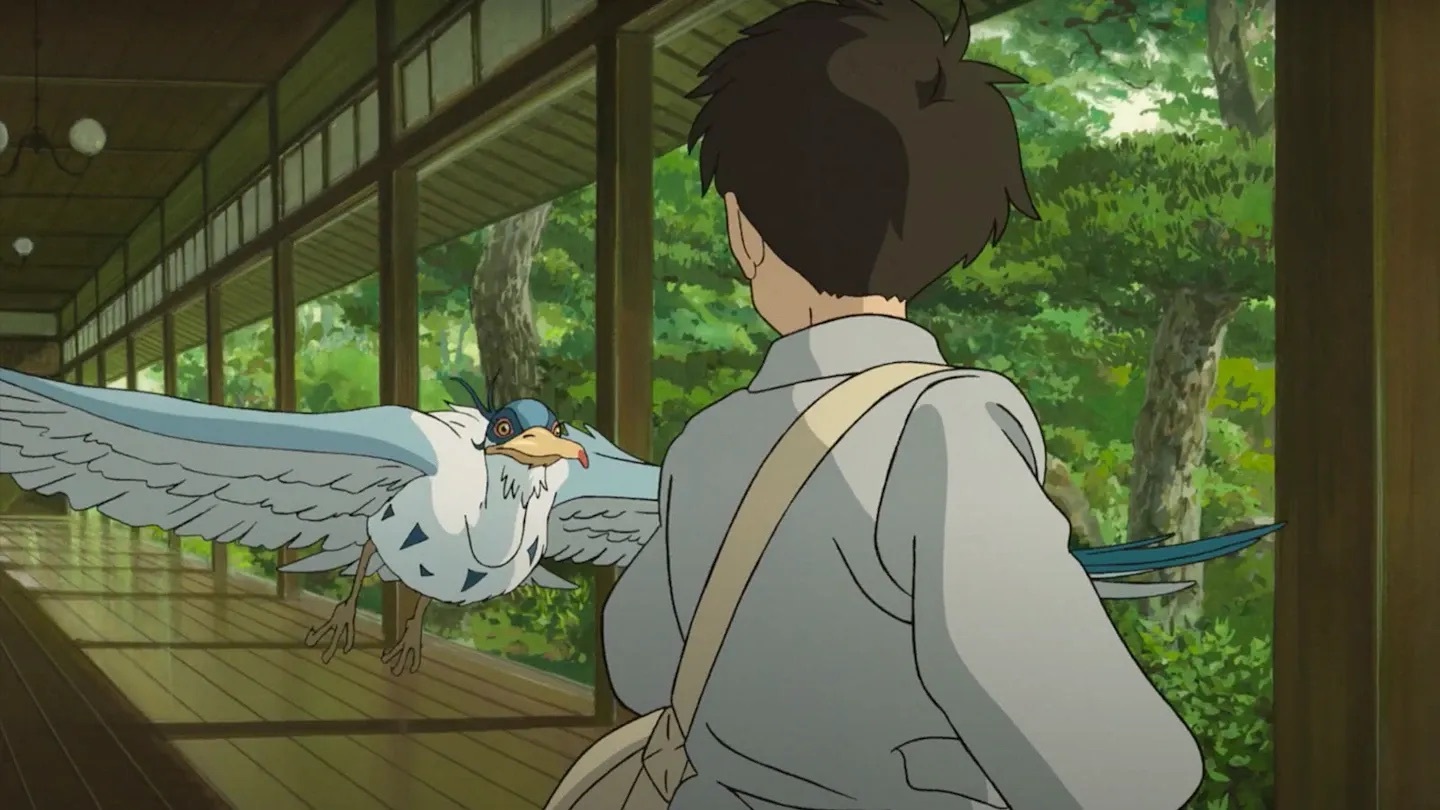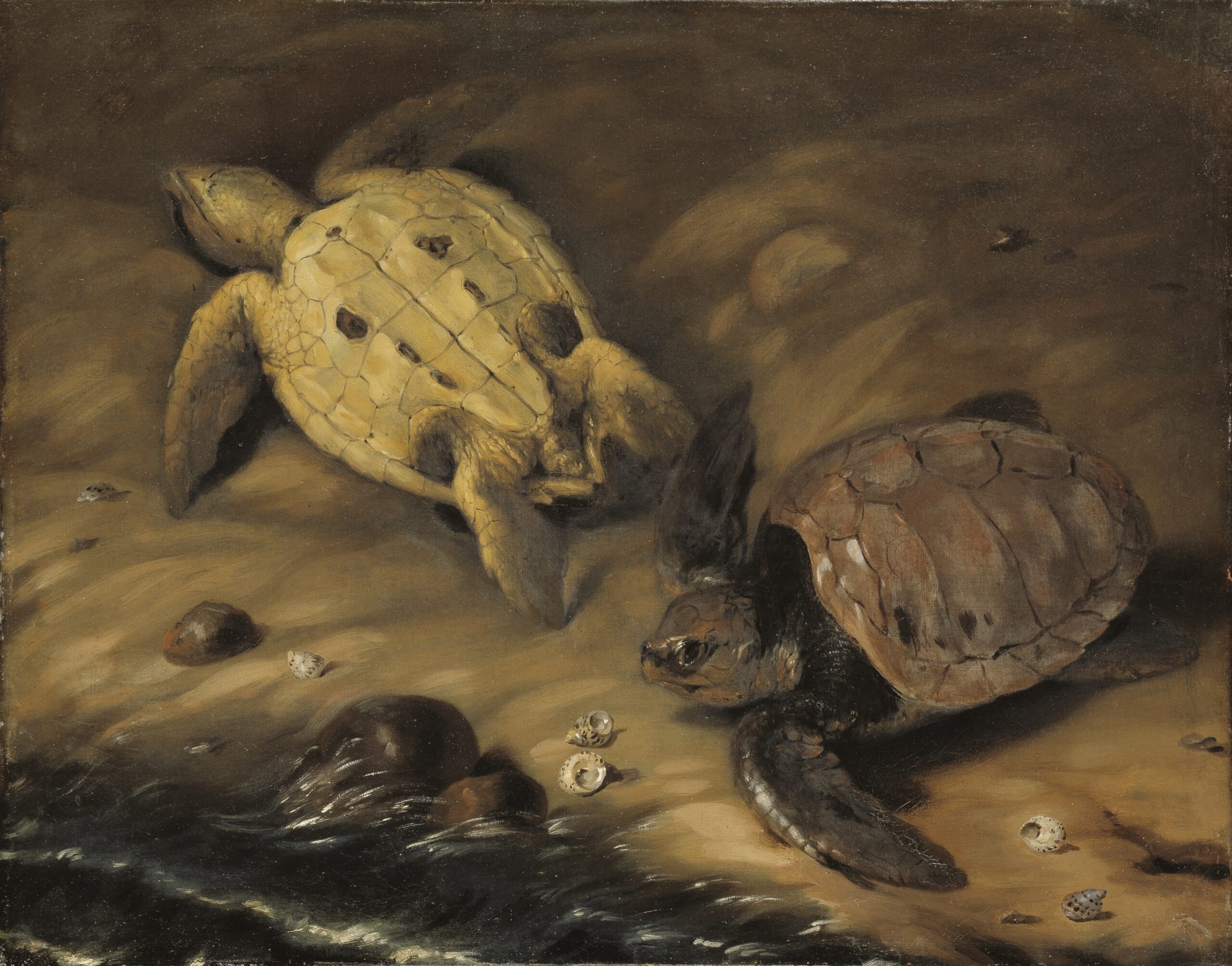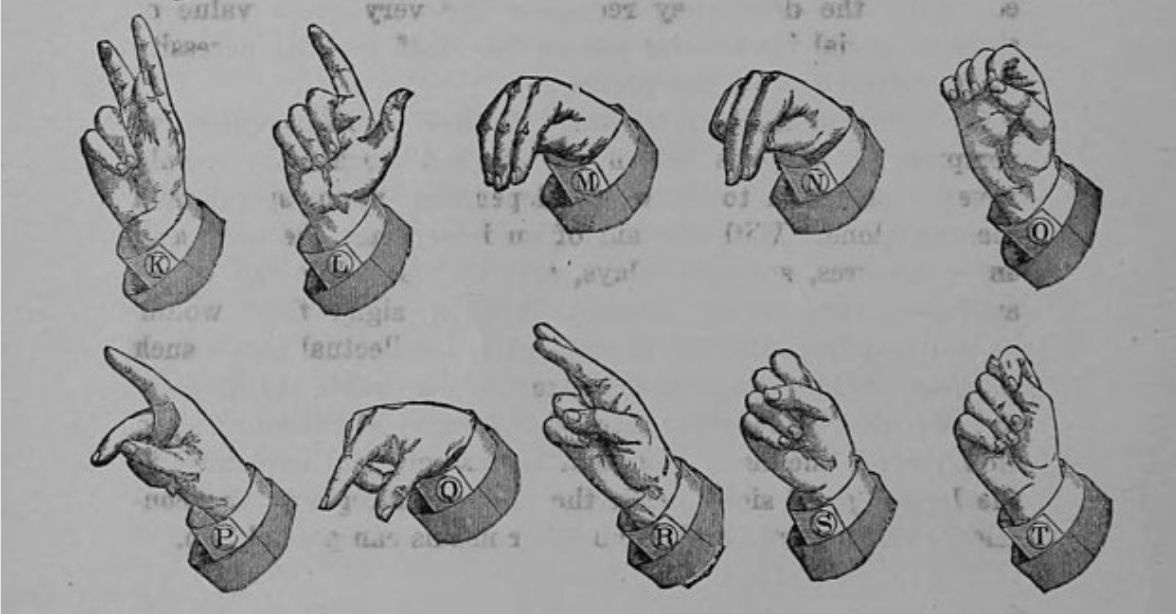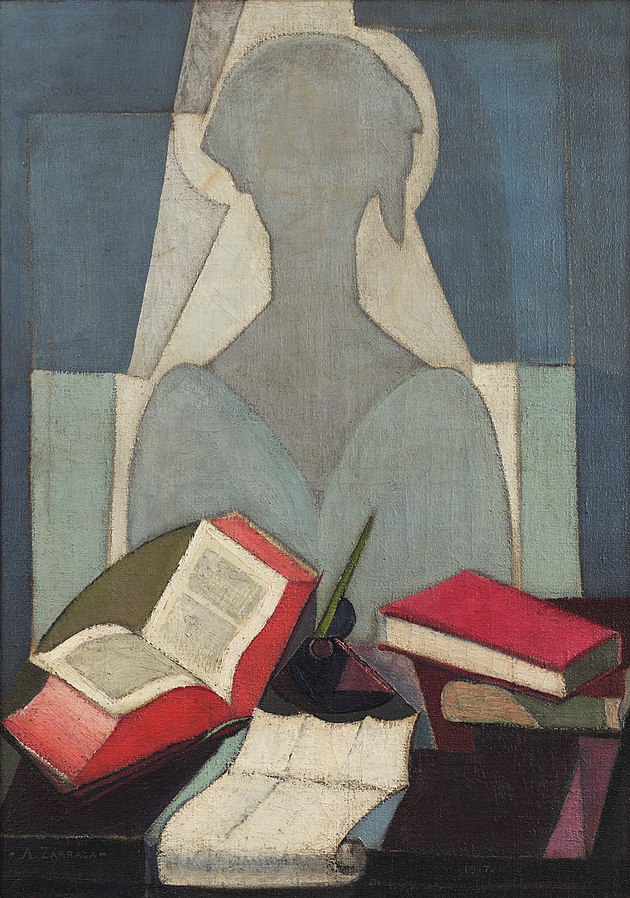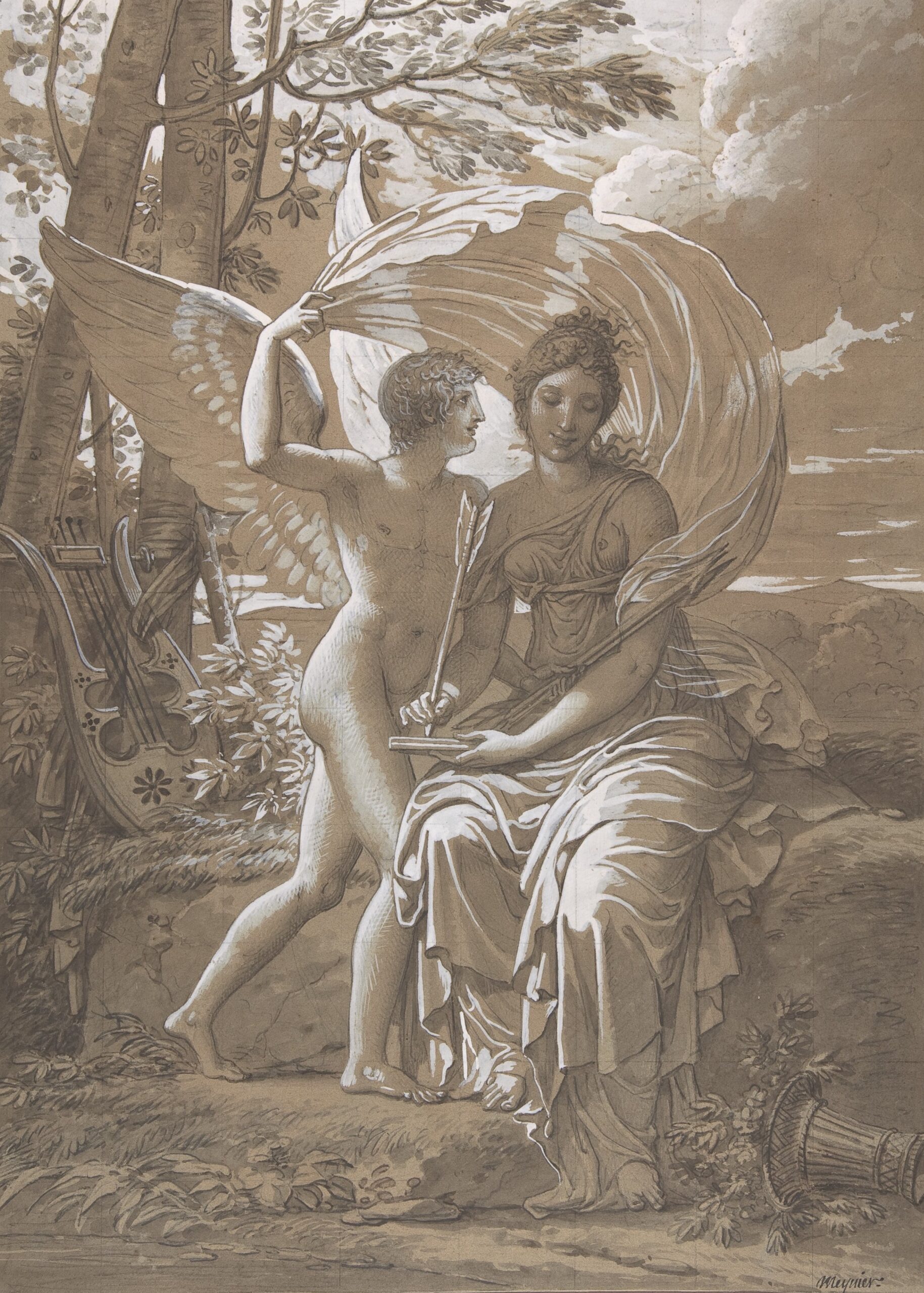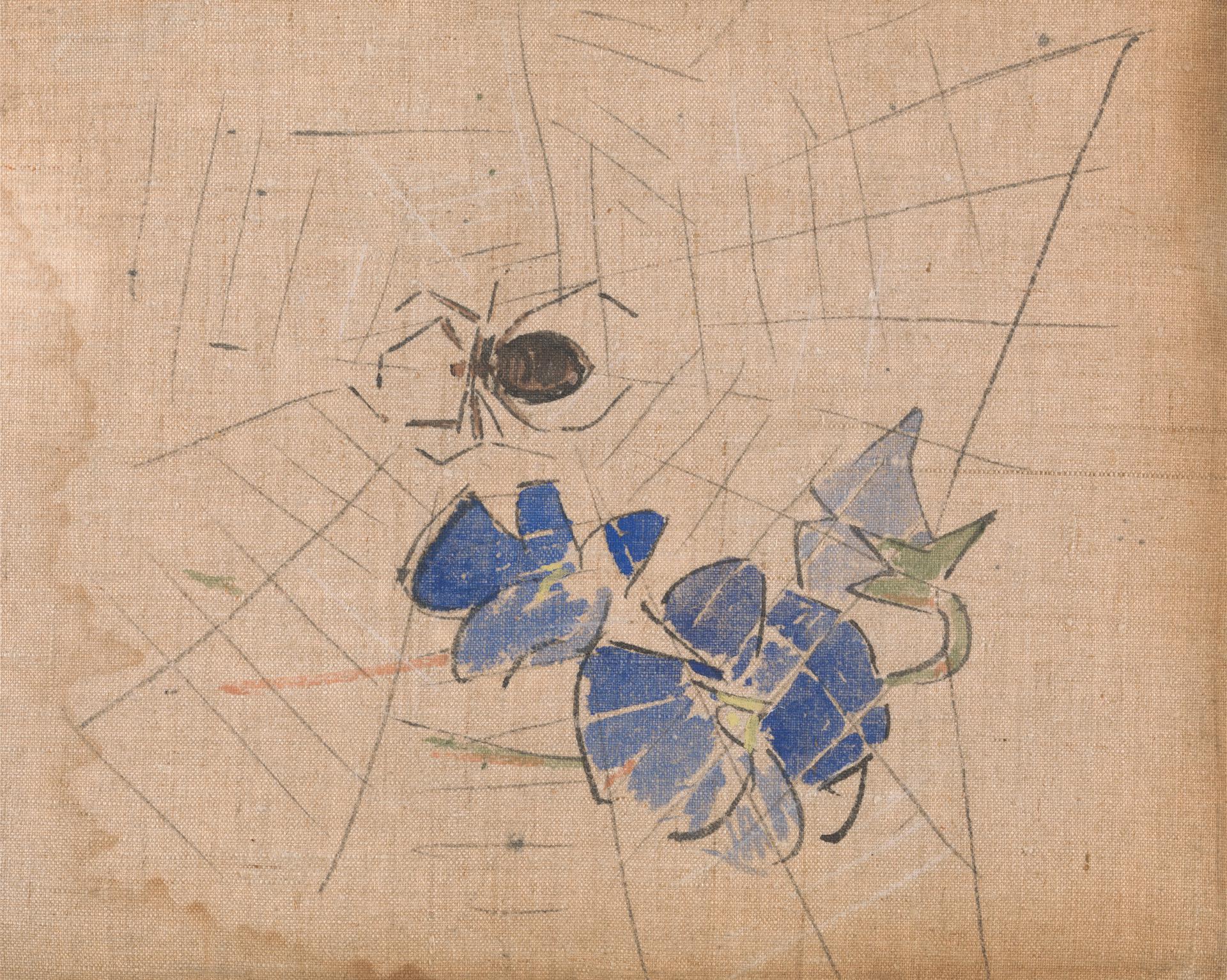
Two months have passed since the 2016 Nobel Prizes were doled out in Stockholm to a worthy group of physicists, chemists, economists, and such, with Swedish royalty and other well-heeled folks dressed and jeweled up in the audience. Bob Dylan, the celebrated no-show, missed out on the banquet’s sumptuous menu, which featured quail in black garlic and cloudberry sorbet, but Patti Smith gamely made her way through “A Hard Rain’s A-Gonna Fall” and the American ambassador to Sweden read Dylan’s short acceptance letter. This wasn’t exactly the glorious party some might have imagined or hoped for. But the chastened Nobel committee had certainly come a long way from their initial dismay and then frustration at Dylan’s extended silence following the announcement of his award.
One wonders how closely they had studied his work. All they had to do, really, was listen to how that harried farmhand drew his line in the sand on 1965’s “Maggie’s Farm” and they could have predicted Dylan’s seemingly cryptic non-response:
Well, I try my best
To be just like I am
But everybody wants you
To be just like them
Dylan doesn’t like to be crowded. Try to pin him down and he’ll suddenly remember a previous engagement that’s more important than dropping by to collect a Nobel Prize. What could this award confer upon him anyway? His artistic achievement stands, with or without it. As Leonard Cohen noted, giving Bob Dylan the Nobel Prize “is like pinning a medal on Mount Everest for being the highest mountain.” That cloudberry sorbet never had a chance.
But Bob Dylan’s Excellent Nobel Adventure isn’t over quite yet. His award doesn’t become officially official until he, as all Nobel laureates are required to do, delivers a lecture within six months of the award ceremonies. If he doesn’t provide that lecture, would the Nobel committee actually consider stripping him of his award? Certainly there are more than a few observers out there who would be happy to see that happen, because Dylan is one of the more controversial of recent Nobel recipients.
 Historically, the Nobel literature committee has always taken a lot of guff for their decisions. In any given year, critics trot out their favorite choices for who should have won instead, and there is indeed a long, sad list of greats who have been passed over, including Leo Tolstoy, James Joyce, Virginia Woolf, Vladimir Nabokov, Clarice Lispector, and Eudora Welty. I’ve always been mystified why the Portuguese writer Miguel Torga, author of the haunting Tales of the Mountains, was nominated several times and still never got the call. I once joined a nomination letter-writing campaign for Nigerian writer Chinua Achebe that, sadly, failed. I’ve been waiting far too many years for the Albanian novelist Ismail Kadare to get his chance. Literary life, like the rest of life, is unfair.
Historically, the Nobel literature committee has always taken a lot of guff for their decisions. In any given year, critics trot out their favorite choices for who should have won instead, and there is indeed a long, sad list of greats who have been passed over, including Leo Tolstoy, James Joyce, Virginia Woolf, Vladimir Nabokov, Clarice Lispector, and Eudora Welty. I’ve always been mystified why the Portuguese writer Miguel Torga, author of the haunting Tales of the Mountains, was nominated several times and still never got the call. I once joined a nomination letter-writing campaign for Nigerian writer Chinua Achebe that, sadly, failed. I’ve been waiting far too many years for the Albanian novelist Ismail Kadare to get his chance. Literary life, like the rest of life, is unfair.
I’ve also indulged in my own share of head scratching at some recent Nobel choices.
I’d never heard of the two French writers, J.M.G. Le Clézio and Patrick Modiano, who received their Nobel Prizes in 2008 and 2014, respectively. Yet neither author was obscure, not even remotely so: both had been multi-awarded and bestsellered, though their achievements occurred outside the bubble of American literature. I now list them both among my favorite writers.
The controversy over Bob Dylan has nothing to do with any supposed lack of visibility — he’s famous the world over. But he’s a songwriter. Some observers have suggested that the Nobel literature committee has become a little too frisky, a little too aesthetically restless, because in recent years, there have been a number of choices made outside of the cozy fiction/poetry pendulum: the playwright and performance artist Dario Fo won in 1997, the playwright Harold Pinter in 2005, and in 2015 Svetlana Alexievich won for her nonfiction.
A little historical perspective on this supposed friskiness is in order here. Alexievich wasn’t the first nonfiction writer to win. In 1949, Winston Churchill won for his multi-volume history of Great Britain. Interestingly enough, that was only half of the reason for his award — he also won for his speeches. The Nobel committee specifically lauded his “brilliant oratory in defending exalted human values.” And despite the ruckus over the prize going to Dario Fo in 1997, he wasn’t even close to being the first playwright to win. He was the 12th. The first awarded dramatist was the Spanish playwright José Echegaray, in 1904 — only three years after the Nobel prizes were launched. In all, 14 writers have won primarily or in part for their dramatic work, most notably George Bernard Shaw, Luigi Pirandello, Eugene O’Neill, Jean-Paul Sartre, and Wole Soyinka.
Playwriting is a literary form that has a lot in common with songwriting. Both are written texts that live most fully through extra-literary collaboration. While many plays are read for pleasure (William Shakespeare, anyone?), they are written specifically not to deliver everything on the page. “Exit, stage left,” for instance, offers nothing on the subject of how an actor might accomplish that exit. The words of a script are surrounded by an artful deployment of negative space that waits to be filled by actors, a director, the lighting crew, costume designer, and many others to add nuance and perhaps unexpected interpretations in performance. Even where a play is staged — whether a proscenium stage, a theater in the round, or an open-air Greek theater — adds further dimension. It’s harder to imagine a greater contrast with a dimly-lit off-off-Broadway venue than ancient Athen’s theater of Dionysus: plays there were performed outside and during the day, on the southern slope of the Acropolis. In playwriting, words are, you might say, the opening gambit.
In songwriting the lyrics create the possible tone of the accompanying music, and that music can then transform the words by adding emotional depth, suspense, and drama. Just as the lines of a play are designed for the actors who will speak them, an invitation for collaboration is built into the possibilities of lyrics. The words of a song are designed to be sung, to be performed by any number of instruments and interpreters — and Dylan’s songs have been performed by a ridiculously long list of artists, from The Byrds to Etta James, P.J. Harvey to Diana Krall, Jimi Hendrix to The Ramones, Caetano Veloso to Adele and beyond.
In his brief Nobel acceptance letter, Dylan acknowledged this connection between playwriting and songwriting. Shakespeare’s “words were written for the stage. Meant to be spoken, not read. When he was writing Hamlet, I’m sure he was thinking about a lot of different things: ‘Who’re the right actors for these roles?’ ‘How should this be staged?’ ‘Do I really want to set this in Denmark?’”
Pivoting from this point, Dylan’s letter continued, “I too am often occupied with the pursuit of my creative endeavors and dealing with all aspects of life’s mundane matters. ‘Who are the best musicians for these songs?’ ‘Am I recording in the right studio?’ ‘Is this song in the right key?’”
If, after celebrating the collaborative art of playwriting since 1904, the Nobel committee has finally turned its gaze on the related literary genre of songwriting, then the inevitable choice for the prize is Bob Dylan. He’s arguably the greatest, most transformative songwriter of the past century (though it’s worth noting that Rabindranath Tagore, who won in 1913 for his poetry, was also a songwriter; he wrote over 2,000 songs, many of which are still popular throughout South Asia) (read more on Tagore).
 Forging an amalgam of biblical verse, François Villon, Arthur Rimbaud, T.S. Eliot, Allen Ginsberg, Robert Johnson, Howlin’ Wolf, Woody Guthrie, Chuck Berry, and others, Dylan pushed Tin Pan Alley off the cliff while creating one unlikely masterpiece after another. “Masters of War,” “Gates of Eden,” “Like a Rolling Stone,” “Visions of Johanna,” “Desolation Row,” “Sad-Eyed Lady of the Lowlands,” and “Idiot Wind” are just a few examples of an evolving body of work that has challenged every other songwriter to think more deeply about a wider range of subjects that you could write about, what sort of language you could use to embody those subjects, and just how long your songs could take their time doing so. And none of this happened by accident. Sean Wilentz, in “Mystic Nights,” his masterly essay on the making of Dylan’s album Blonde on Blonde, observes that during the recording, “Dylan constantly and carefully revised, as he always had and still does, even to the point of abandoning entire songs. Changing the line “I gave you those pearls” to “with her fog, her amphetamine, and her pearls” was one example out of dozens of how Dylan, in the studio and in his Nashville hotel room, improved the timbre of the songs’ lyrics as well as their imagery. And Dylan’s voice, as ever an evolving invention, was one of the album’s touchstones, a smooth, even sweet surprise to listeners who had gotten used to him sounding harsh and raspy. By turns sibilant, sibylline, injured, cocky, sardonic, and wry, Dylan’s voice on Blonde on Blonde more than made up in tone and phrasing what it gave away in range.”
Forging an amalgam of biblical verse, François Villon, Arthur Rimbaud, T.S. Eliot, Allen Ginsberg, Robert Johnson, Howlin’ Wolf, Woody Guthrie, Chuck Berry, and others, Dylan pushed Tin Pan Alley off the cliff while creating one unlikely masterpiece after another. “Masters of War,” “Gates of Eden,” “Like a Rolling Stone,” “Visions of Johanna,” “Desolation Row,” “Sad-Eyed Lady of the Lowlands,” and “Idiot Wind” are just a few examples of an evolving body of work that has challenged every other songwriter to think more deeply about a wider range of subjects that you could write about, what sort of language you could use to embody those subjects, and just how long your songs could take their time doing so. And none of this happened by accident. Sean Wilentz, in “Mystic Nights,” his masterly essay on the making of Dylan’s album Blonde on Blonde, observes that during the recording, “Dylan constantly and carefully revised, as he always had and still does, even to the point of abandoning entire songs. Changing the line “I gave you those pearls” to “with her fog, her amphetamine, and her pearls” was one example out of dozens of how Dylan, in the studio and in his Nashville hotel room, improved the timbre of the songs’ lyrics as well as their imagery. And Dylan’s voice, as ever an evolving invention, was one of the album’s touchstones, a smooth, even sweet surprise to listeners who had gotten used to him sounding harsh and raspy. By turns sibilant, sibylline, injured, cocky, sardonic, and wry, Dylan’s voice on Blonde on Blonde more than made up in tone and phrasing what it gave away in range.”
Dylan always developed his lyrics and music to reflect his shifting identity as a human. One might say the 2016 Nobel Prize in Literature could be considered a group award for every Bob Dylan there has ever been.
While it’s true that Nobel recipient Anatole France was born François-Anatole Thibault, the Chilean poet Gabriela Mistral was born Lucila Godoy y Alcayaga, and the Guadeloupean-French poet Alexis Leger went by the pen name of Saint-John Perse, I think few would venture the opinion that “Bob Dylan” is merely a pen name. That original, mysterious nub of the middle class and Midwestern Robert Allen Zimmerman didn’t so much rename himself as conjure a fluid mask for the expression of all his future public selves: a Woody Guthrie-like folk singer, the protest singer, a sensitive singer-songwriter, a gritty and poetic rock ‘n’ roller, the elusive figure releasing oracular songs from a basement, then the country gentleman, followed by the very public ringmaster of a traveling musical carnival, leading to the brimstone Christian and then the lapsed one. These days he’s an increasingly grizzled troubadour of the decades-long Never Ending Tour, bringing his own vast version of the great American songbook to any state fair or refurbished theater that will have him.
Dylan wears each mask until its features begin to harden, and then he sets about fashioning a new one. Each mask is a part of him but no mask is him. What Dylan’s oeuvre most celebrates is that busyness of being born, not dying, the life-long squawk of his successive secret selves through the public medium of popular song. His greatness can’t be confined to a single song, or a single album, or even a collection of “best” albums. I think a deeper reason we listen to his changing voices, musics, and personas is because his lifelong transformations reflect our own, those we struggle to suppress and those we hope to release.
 There’s a crucial moment in the arc of Dylan’s shape-shifting career that occurred during a concert that was, happily, recorded, bootlegged, and eventually released officially as The ‘Royal Albert Hall’ Concert. It’s the summer of 1966, and Dylan is on tour in England, introducing to audiences his latest electric self, backed by a group called The Jayhawks (which would a couple years later morph into The Band).
There’s a crucial moment in the arc of Dylan’s shape-shifting career that occurred during a concert that was, happily, recorded, bootlegged, and eventually released officially as The ‘Royal Albert Hall’ Concert. It’s the summer of 1966, and Dylan is on tour in England, introducing to audiences his latest electric self, backed by a group called The Jayhawks (which would a couple years later morph into The Band).
Throughout the tour the acoustic sets have gone well, but whenever Dylan plugs in with The Jayhawks the audience mood sours. A month’s conflict of expectations comes to a head at a concert in Manchester. Between songs, the audience claps loudly in unison, an ironic, anti-clapping: not applause but criticism. What were they thinking? Hadn’t they noticed that the figure on stage had already in his young career shed three previous musical masks? But “everybody wants you to be just like them” and the heckling continues. Dylan taunts them in return and performs a searing version of “Ballad of a Thin Man” not for them but at them. Finally, some poor soul in the audience shouts “Judas!” to appreciative laughter.
Dylan responds with a growling, “I don’t believe you.” Then, after a tense pause, he shouts, “You’re a liar!” Turning to the band, he tells them, “Play fucking loud,” and what follows is a roaring kick-ass blast of “Like a Rolling Stone” that finally silences the malcontents. Yet Dylan wasn’t asking The Jayhawks to just play the song fucking loud, he was also asking them to blare out the necessity of his latest persona to that angry and uncomprehending audience. He was fighting for his right to wear whatever mask fits. He was fighting for his right to breathe.
It has recently been announced that in early April, Dylan will perform two back-to-back concerts in Stockholm, which is well within that six-month Nobel lecture deadline. There are suggestions that these concerts might serve as a substitute. Or maybe not, and a podium is waiting. Whatever is decided, tread lightly, Nobel literature committee. Every Bob Dylan we have ever known and listened to bristles at requirements. That’s the very path that led him to the Nobel.
Interested readers can find the author’s close look at Dylan’s song “Cold Irons Bound” at his website.
Image Credit: Wikimedia Commons.


